Explainer: All your questions on social media age limits in Australia answered
Prime Minister Anthony Albanese has backed a plan to ban under-16s from social media, but why is such a move needed, and how would it work? YOUR QUESTIONS ANSWERED

As Australia stands poised to be the first country in the world to impose a minimum social media age of 16, many readers are asking just what that could mean for them and their children.
Platforms like Instagram, TikTok and Facebook have a current minimum age of 14, but experts have criticised the tech companies for a lack of enforcement, with legislation to increase the age limit to 16 in Australia planned to be introduced by the end of the year.
It’s a major win for News Corp’s Let Them Be Kids campaign, which has raised awareness about the negative mental and physical health impacts of social media on young people and advocated for the age change.
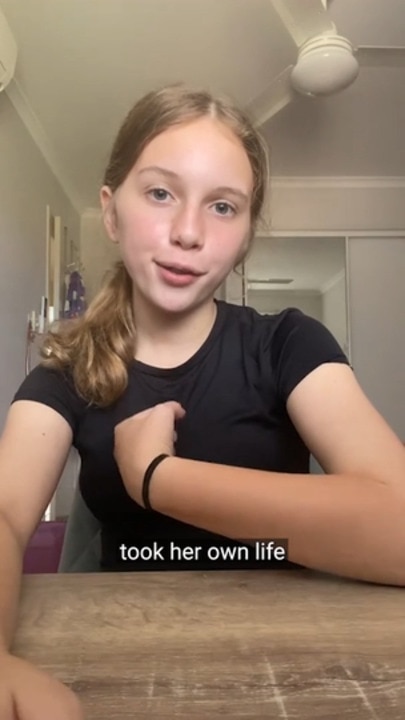
But should we introduce age limits when it comes to social media use? And how would this work? And why is it needed?
Here, we answer these questions, and more, and their importance has never been greater, in the wake of the latest sad teen suicide – Brisbane schoolgirl Ella Catley-Crawford in November 2024.
Too many lives, as this list shows, have already been lost.
With the fight ongoing to prevent online bullying, these are all your questions answered >>>
â– Faces of tragedy: How much more pain can we bear?
Why is an age limit needed?
Studies have shown that social media usage can lead to poor mental health in teens, particularly eating disorders and body image problems.
News Corp’s “Let Them Be Kids” campaign, which called for a minimum social media age of 16, revealed massive increases in rates of anxiety, depression and eating disorders among Australian kids.
Dr Simon Wilksch, a Senior Research Fellow in Psychology at Flinders University, said his work with young people aged 11-13 has shown a link between eating disorders, and the amount of time they spend on social media.
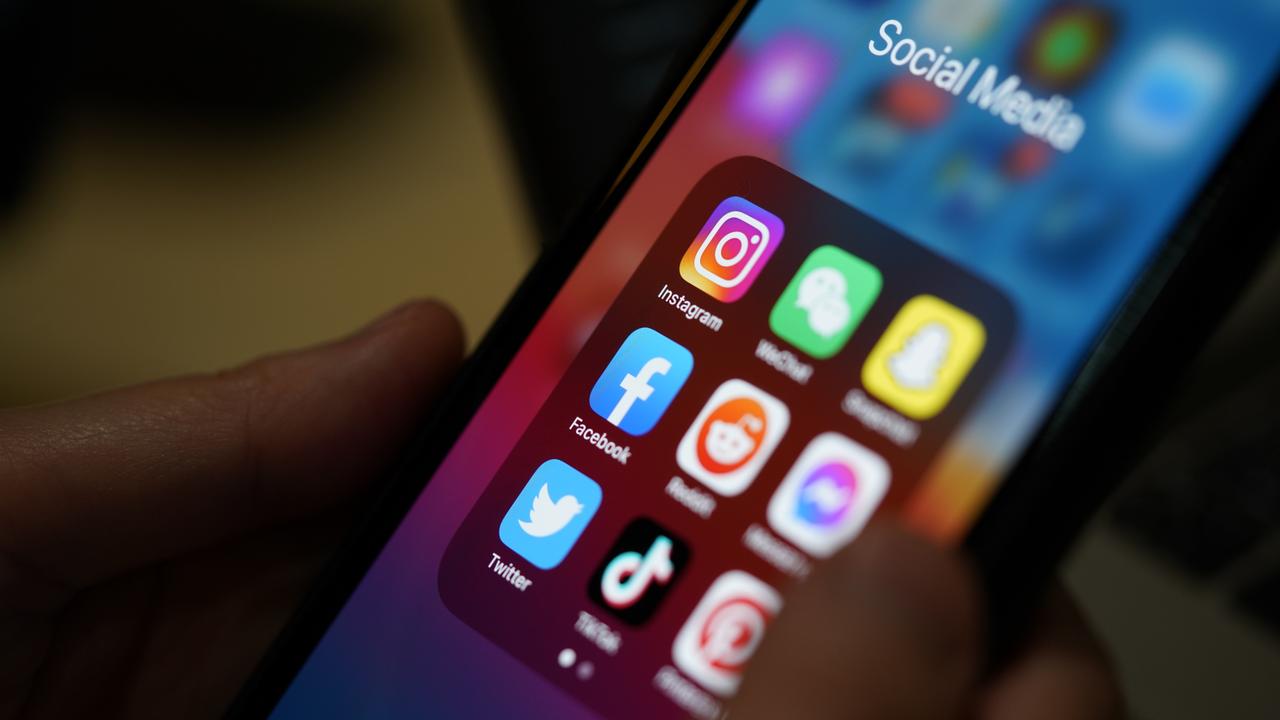
How will the government make a decision?
Australia is poised to be the first country in the world to impose a minimum social media age of 16 as Labor backed the limit to protect children from online harms.
Anthony Albanese at a special national cabinet meeting will ask states and territories to support the proposal endorsed by his cabinet.
The Prime Minister previously committed to introducing legislation to raise the age by the end of this year, but had not specified a number.
A national age limit of 16 would be a world-first for Australia.
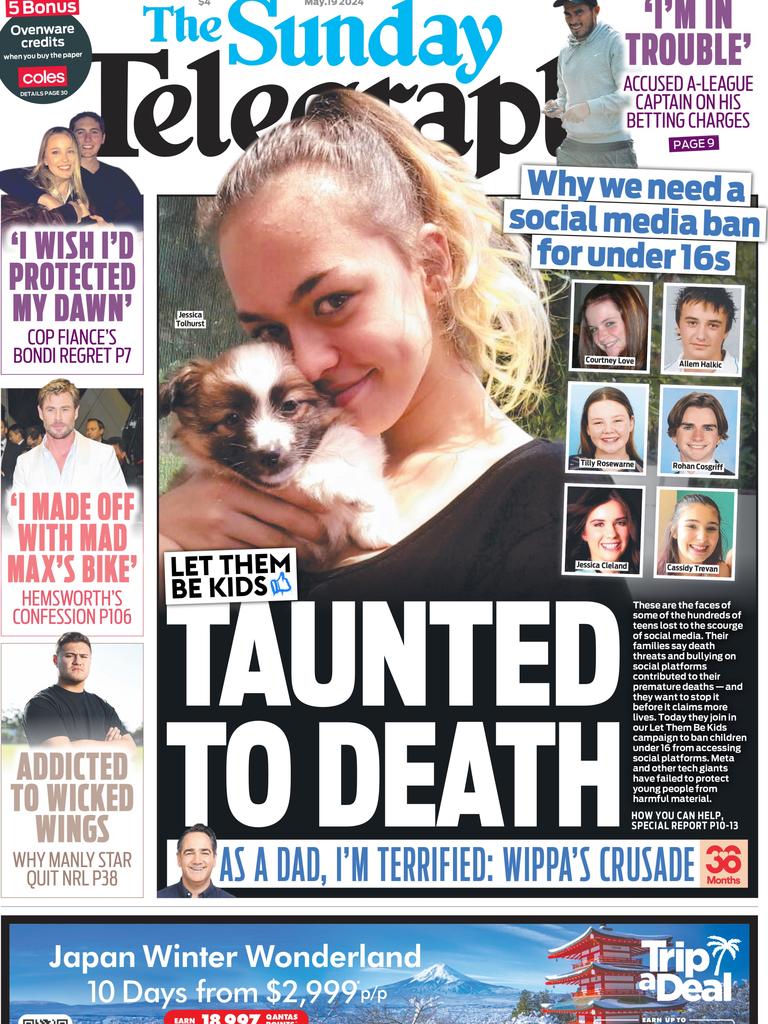
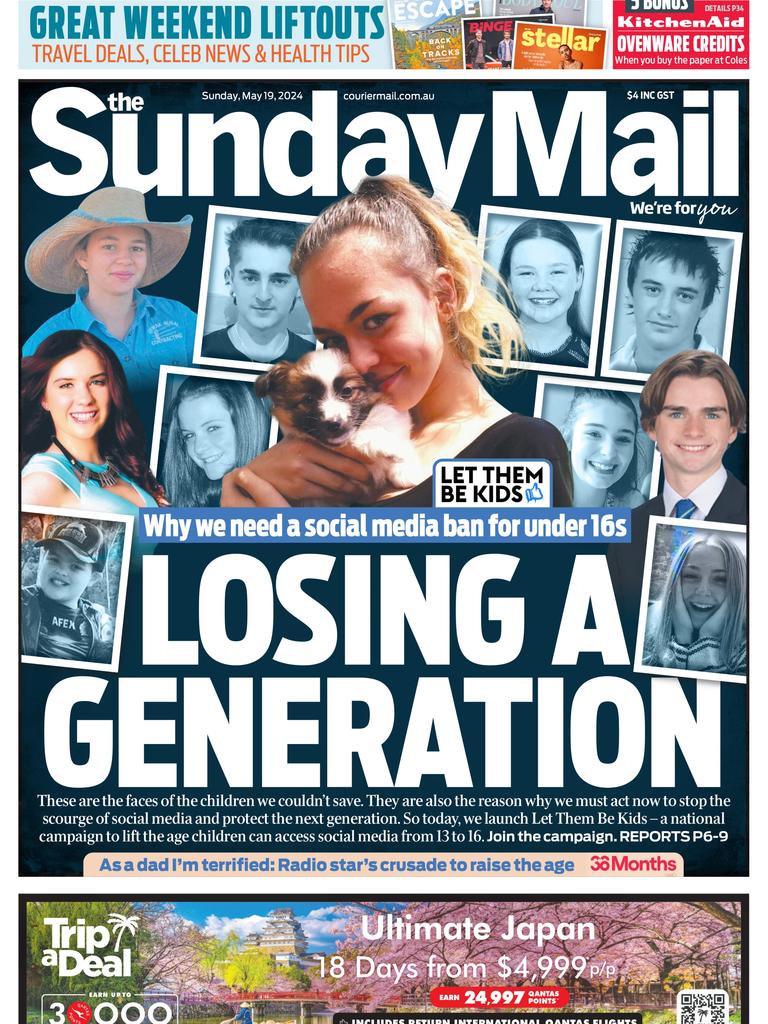
Why should the age limit be 16?
Experts who back the government’s plan to impose age limits on social media say there are sound reasons why the age should be set at 16, and no earlier.
Dr Simon Wilksch said he knew of “no evidence that social media is safe for children under 16”.
Currently, social media sites such as Facebook, TikTok and X require users to be at least 13, but this was based on a 1998 US data collection law, rather than evidence it was safe, he said.
“Early to mid-adolescence is a time of the brain seeking out social rewards, where sensitivity to attention and approval from others escalates,” Dr Wilksch said.
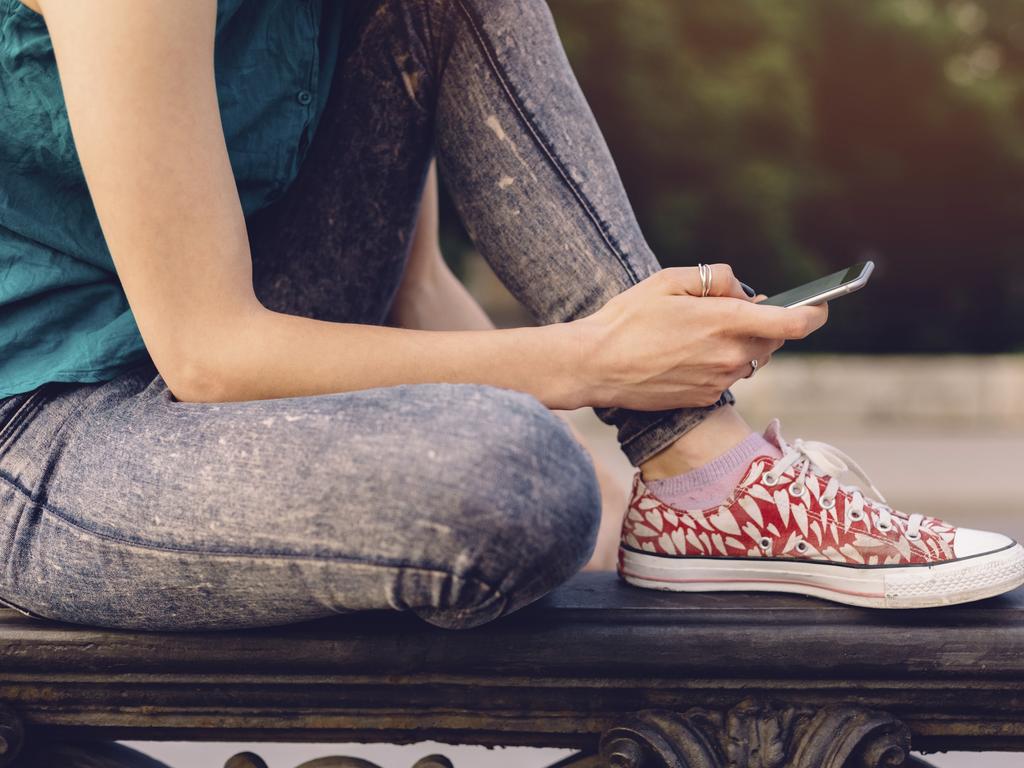
Neuroscientist Professor Selena Bartlett from Queensland University of Technology said the teenage brain was vulnerable because it was “a period of neuroplasticity”.
“The child’s brain is developing an adolescent brain,” she said. “(It’s) open for impulsivity and poor decision making – ie addiction. The brain is not fully developed until 22 for girls and 25 for boys.”
A global study published in Lancet Psychiatry found indicators of youth mental health had declined dramatically around the world in the past two decades, and the “peak onset age” for mental illness is 15.
What do the social media companies say?
Meta, the company behind Facebook and Instagram, has previously said it would engage with the government on their consultation process.
In September 2024 the company’s global Vice President of Safety Antigone Davis told a parliamentary committee that tech users under the age of 16 should need their parents’ approval before downloading apps.
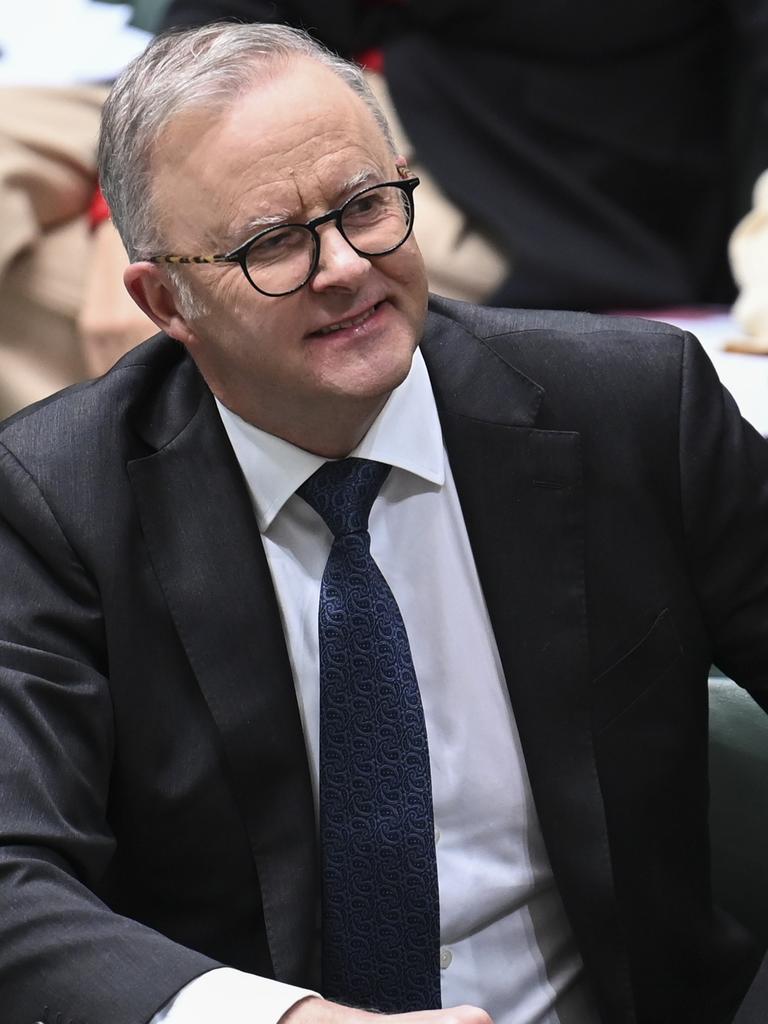
Snapchat declined to comment, but in a parliamentary submission it argued that as a closed messaging app, it was “a safer and more positive environment than traditional social media”.
Do other countries have similar rules?
Jurisdictions around the world are responding to the unintended harms of social media. The European Union, the US, South Korea, India and Brazil all have age-limit rules in place, or are planning to introduce similar rules.
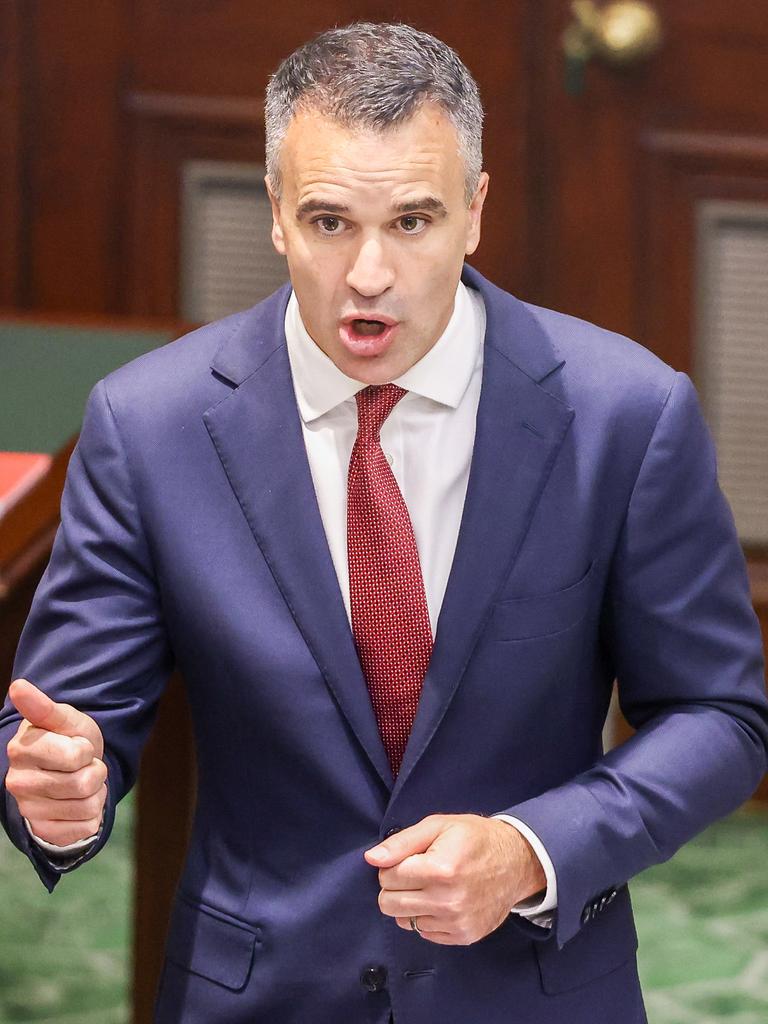

Could there be problems?
Covert usage: Some experts believe an age limit ban could prompt some teenagers to access social media in secret, and not speak to their parents if they find troubling content online.
But others have said that this is not a reason to not do anything. South Australian Premier Peter Malinauskas likened the age ban to restrictions on young people buying cigarettes or alcohol.
“When a product or service hurts children, governments must act,” he said.
Throwing out the good with the bad: Most experts point out that while social media can be extremely harmful, it can also be a force for good.
“(Social media) supports (young people’s) civic engagement, helps them to make and maintain friends, to pursue interests, connect with far flung family and more,” said Associate Professor Tanya Notley from Western Sydney University.
One option the government might choose in light of this is to ban social media outright for kids under 14, but make it subject to parental consent for those aged 14 and 15.
Originally published as Explainer: All your questions on social media age limits in Australia answered


